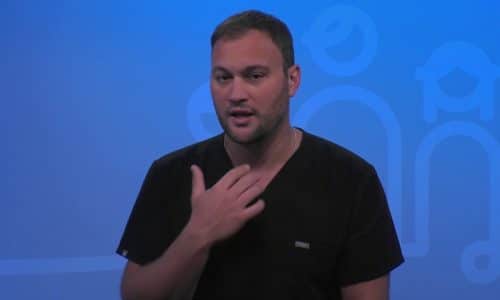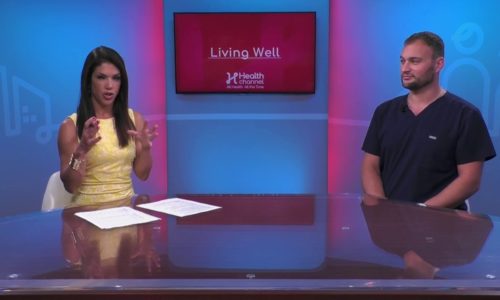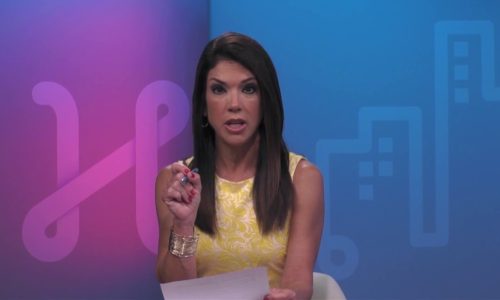Back pain? Is it Spinal Stenosis? |
What is spinal stenosis? Dr. Jonathan Gottlieb, Orthopedic Surgeon with Baptist Health South Florida, explains this condition and talks about its causes, such as arthritis, injury to spine, spinal tumor, and certain bone diseases, among others.
Transcript
Doctor let’s go over the condition called spinal stenosis can you tell us what that is and what’s happening so spinal stenosis is where the space available for the nerves in the spinal canal is decreased and that schematic that we were looking at there is a nice representation of what stenosis looks like spinal stenosis is is often silent and there are a lot of people walking around with it that that don’t even know and the reason for that is the body is tremendously adaptive it can tolerate slow changes very well but some people either across their threshold or the stenosis develops quickly enough to where they develop symptoms typically a back pain and then pain radiating down their legs either one leg or both legs most patient most patients with spinal stenosis a lot more pain when they’re standing and less pain when they’re sitting so dr. osteoarthritis is very common especially in older adults so does that does that mean patients with lumbar stenosis are are usually older or can it happen at any age well it tends to affect older patients on because it is mainly the journey of condition now there are some people who have congenital stenosis which means the canal just by their very nature has less space available than it otherwise would and those patients if they degenerate sort of have less room for error a little bit degeneration and them is gonna potentially result in symptomatic stenosis that wouldn’t if their spinal canal was of normal size you








